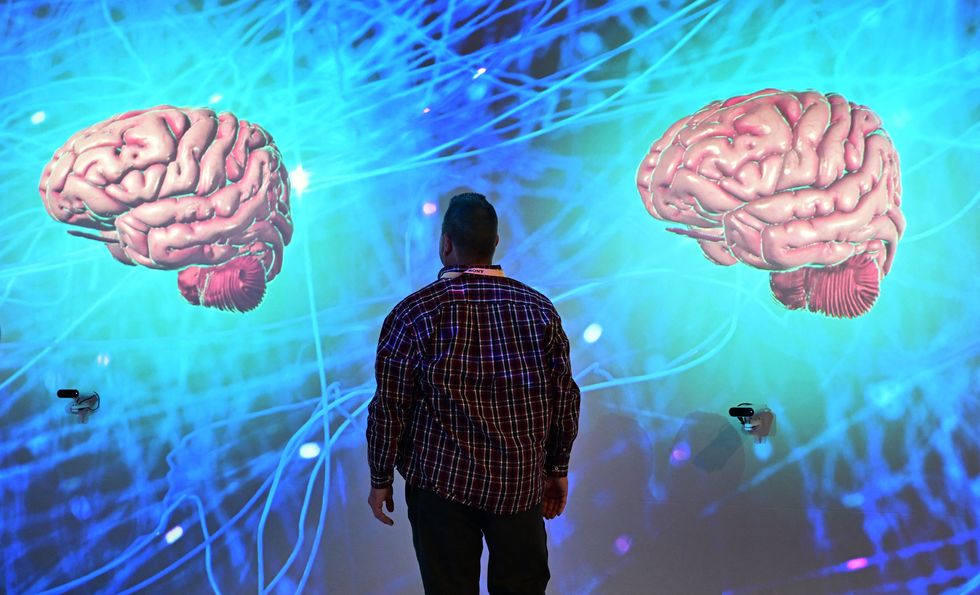Jake Brigstock
Nov 07, 2024
How to Keep Your Brain Sharp by Doing This One Simple Thing …
Money Talks News / VideoElephant
A neuroscientist and medical researcher has revealed at what age our brains reach the peak of their powers and what happens to them as they age from that point onwards.
Dr Stefan Mindea spoke to The Mirror about the life-cycle of human brains, how they take decades to mature and what happens after that.
In early childhood, from birth to five years old, our brains have "rapid growth in neural connections and learning capacity" he said, adding this is where the "groundwork" is laid for learning language, social interactions and problem-solving.
Then comes adolescence, between the ages of 10 and 20, when unused neural connections are "pruned", which is why it becomes harder to learn new tasks.
After that is the phase of brain maturity during our mid-20s but this is still not the peak yet - this is when the parts of our brains that control impulses, emotions and planning complete their development.
It's not until midlife, between 40 and 60, when our brains hit their peak.

Dr Mindea said: "Many people experience shifts in cognitive priorities, often focusing more on what to contribute to the next generation and on personal self-reflection.
"This is also when some experience what’s called 'cognitive peak', especially in areas like verbal memory and accumulated knowledge.
"This is basically the point when you will achieve maximum mental output or brain performance."
After that, in late adulthood and beyond, from the age of 65 onwards, the brain gradually shrinks in areas associated with memory which is why there can be forgetfulness at this stage.
But intelligence "remains intact or even improves", it just takes longer to recall or access that information.
How to join the indy100's free WhatsApp channel
Sign up to our free indy100 weekly newsletter
Have your say in our news democracy. Click the upvote icon at the top of the page to help raise this article through the indy100 rankings.
Top 100
The Conversation (0)














